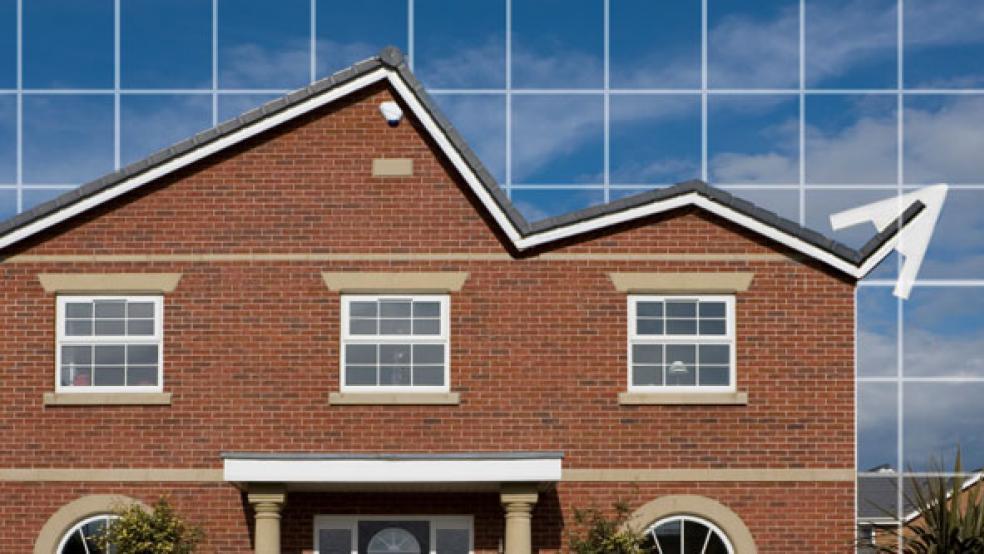Home prices in April posted a record increase, as growing demand from both consumers. and investors and a constrained inventory continued to fuel the housing recovery.
Prices increased an average 12.5 percent across the 20 metro areas tracked by the S&P/Case-Shiller Home Price Index, although the pace of gains varied by city. Home prices grew the fastest in cities hardest hit by the housing downturn, with Las Vegas, Phoenix, San Francisco, and Atlanta advancing more than 20%. Prices in Cleveland rose the least, registering a 4.8 percent increase.
Atlanta, Dallas, Detroit and Minneapolis showed the highest annual gains in the history of their respective indices. On a monthly basis, every city but Detroit (where prices remained unchanged) saw an increase in prices.
RELATED: REAL ESTATE RUN-UP BRINGS BACK BUBBLE FEARS
Despite four months of home price growth, prices remain about 26 percent below their 2006 peak. They hit bottom just over a year ago, in March 2012. Economists point to the continued firming of the housing market as a positive sign for the U.S. economy.
“Strengthening in home prices is a plus for growth through various channels, including increased consumer spending because of wealth and confidence effects, increased incentive to buy before prices go up some more, and increased incentive to lend because of less chance of mortgages turning delinquent,” wrote Jim O’Sullivan, chief U.S. economist at High Frequency Economics in a note to clients following the release of the latest Case-Shiller numbers.
In other positive housing news, sales of new homes increased a whopping 29 percent in May over the previous year, according to a release issued Tuesday by the U.S. Census Bureau. Current housing inventory represents a supply of 4.1 months at the current sales rate. A supply of less than 6 months is considered a sellers’ market.
The sluggish employment recovery and rising mortgage rates remain a headwind that could curtail rising home prices. Rates for 30-year fixed mortgages average 4.5 percent this week, up from less than 4 percent last week, according to Bankrate.com.
RELATED: REAL ESTATE ALERT: WHERE HAVE ALL THE HOUSES GONE?
“The next three months will represent a real test as we see how the spike in mortgage rates plays out; these data are for May, when rates began to rise, but there’s a short lag between movements in rates and the impact on transactions,” wrote Ian Shepherdson, an economist at Pantheon Macroeconomic Advisors.
David Blitzer, Chairman of the Index Committee at S&P Dow Jones Indices played down the impact of rising rates.
“Home buyers have survived rising mortgage rates in the past, often by shifting from fixed rate to adjustable-rate loans,” he said in a statement. “In the housing boom, bust and recovery, banks’ credit quality standards were more important than the level of mortgage rates.”
Given a recent easing of credit restrictions, Blitzer said he expects the recovery to continue.





